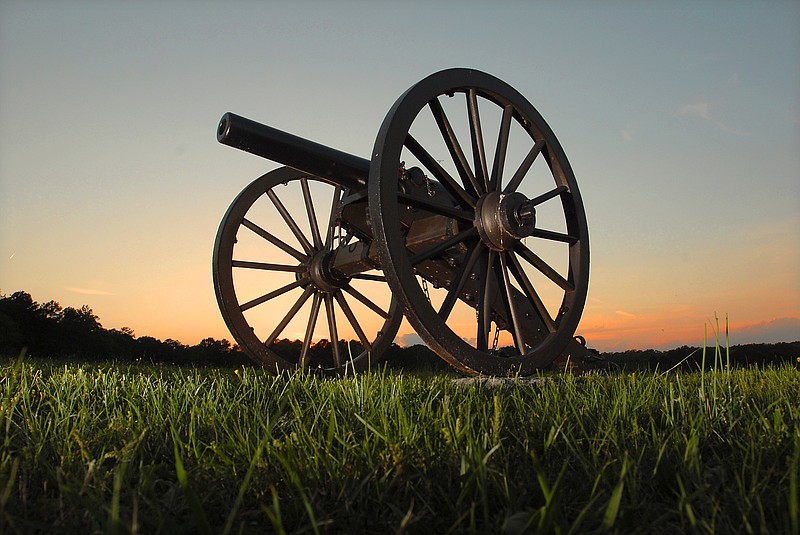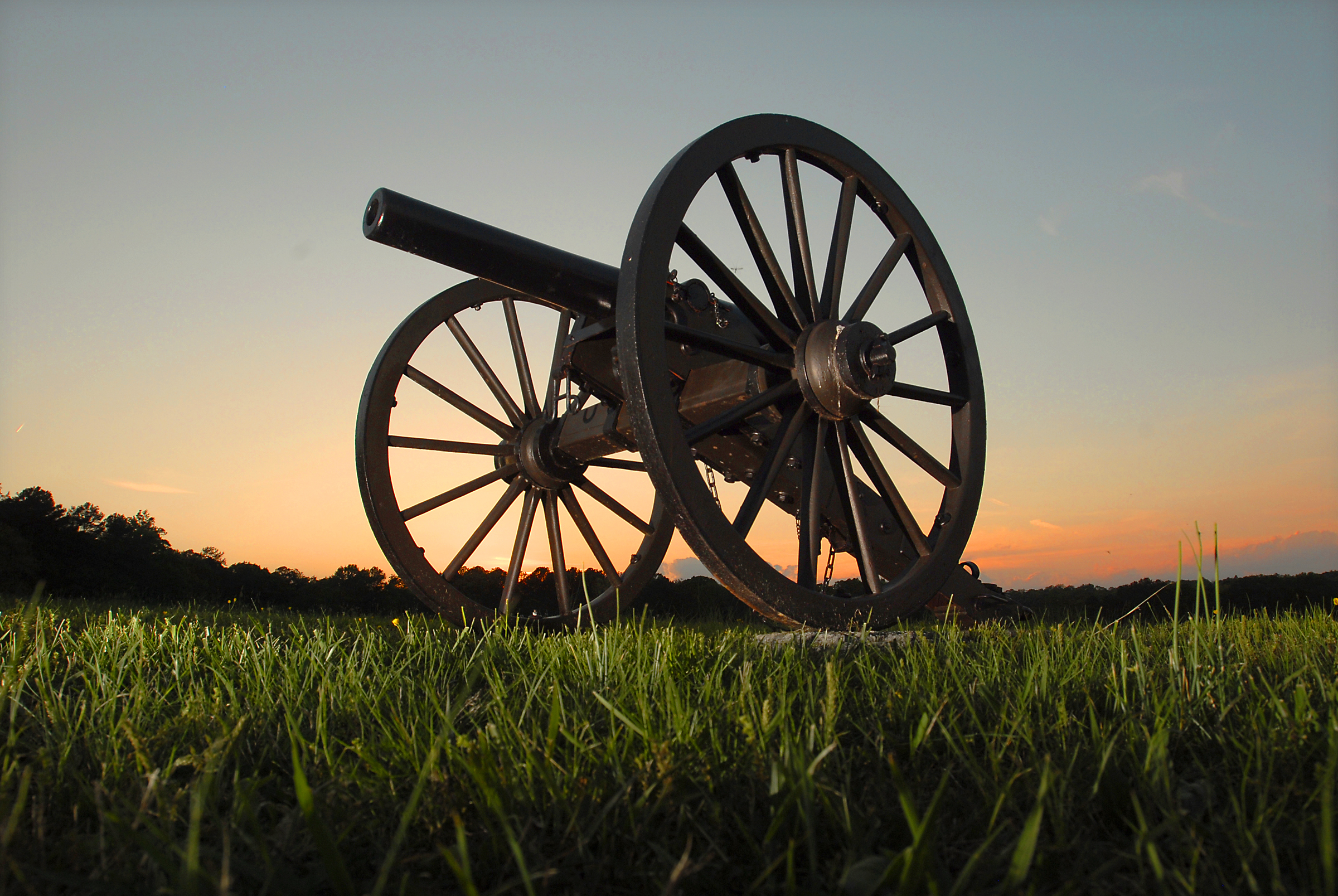Just as the Civil War became a watershed event in the nation's history by moving the country closer to the tenets of its founding documents, the battles for control of Chattanooga nearly 150 years ago marked a turning point in the Union's quest of Southern strongholds.
"If the Confederacy had been able to defend itself more thoroughly, the war might have ended with a negotiated settlement that could have left, for another day's fight, the institution of slavery intact," said Jim Ogden, historian and ranger at the Chickamauga and Chattanooga National Military Park.
"The battles for Chattanooga changed the fate of that Southern defense," he said. "They turned Chattanooga into a giant operating base to send [Gen. William Tecumseh] Sherman's forces south to Atlanta and Savannah."
Along the way, the union laid waste to ammunitions-building saltpeter mining operations in Nickajack and Sauta Caves in Southeast Tennessee and Northeast Alabama, a copper factory in Copperhill, Tenn., that supplied resources for cannon making, and a gun-making foundry near Rome, Ga.
"As the South's military complex grew, it became more important for the North to destroy, and the only way to do that was to come to Chattanooga" and control both the river and the rail lines, Ogden said.
The Chattanooga region's Civil War history has perhaps never been as celebrated as it will be in the coming years as the 150th anniversaries of the 1863 Chickamauga and Chattanooga battles approach. But in the year before and in the year after 1863, many other local battles made history.
Evidence of the conflicts are preserved at the following locations for visits and research.
Chickamauga Battlefield
3370 LaFayette Road, Fort Oglethorpe, 706-866-9241
The 5,300-acre park includes more than 1,000 monuments that pay homage to the 120,000 soldiers who fought in the Battle of Chickamauga, just south of Chattanooga. The Chickamauga and Chattanooga National Military Park is the oldest and largest park of its kind in the nation.
Missionary Ridge
Crest Road, Chattanooga
Three Union armies attacked Confederate forces on Missionary Ridge in November 1863. The ridge is dotted with markers, memorials and cannons.
Point Park and Lookout Mountain Battlefield
110 Point Park Road, Lookout Mountain, Tenn.
The 3,000-acre Lookout Mountain Battlefield pays homage to a conflict known as the Battle Above the Clouds, which took place high on the mountain. The national park provides great views of the city below and contains monuments, markers and miles of trails. The visitor center at Point Park displays a 30-foot painting of the battle.
Orchard Knob
Corner of North Orchard Knob Avenue and Vine Street, Chattanooga
This hill in East Chattanooga was part of the Battle of Missionary Ridge and is a resting place for cannons, memorials and markers.
Chattooga Academy
North Main Street, LaFayette, Ga., 706-375-7702
Built in 1836, the Chattooga Academy building, which Confederate Gen. Braxton Bragg used as a headquarters during the war, is the oldest standing brick school in Georgia.
Gordon-Lee Mansion
217 Cove Road, Chickamauga, Ga., 706-375-4728
The plantation mansion is the only building used by Union and Confederate troops at the Battle of Chickamauga that was left standing. Tours available by appointment.
Resaca Confederate Cemetery
U.S. Highway 41 South at the Whitfield-Gordon County line
After the Battle of Resaca, 450 Confederates were buried at this site. The annual Battle of Resaca Civil War re-enactment is held nearby the third weekend of May.
Dalton Confederate Cemetery and Memorial Wall
Cuyler Street, Dalton
Contains the graves of 421 Confederate and four "unknown" Union soldiers.
Tunnel Hill Heritage Center
215 Clisby Austin Road, Dalton, Ga., 706-876-1571
Built on the site of a skirmish during the war, the Heritage Center provides information on the battle and the nearby rail tunnel, which is one of the oldest south of the Mason-Dixon Line. Visitors can walk through the historic Western & Atlantic railroad tunnel. The Battle of Tunnel Hill re-enactment takes place each September.
Prater's Mill
5845 Georgia Highway 2, Dalton, Ga., 706-694-6455
Prater's is a historic grist mill built in 1855 and was the site of Confederate and Union camps during the Civil War.
Gen. Joseph E. Johnston Statue
Corner of Hamilton and Crawford streets in Dalton
Outdoor statue of Gen. Joseph E. Johnston, who led the Army of Tennessee during much of the Atlanta Campaign.

